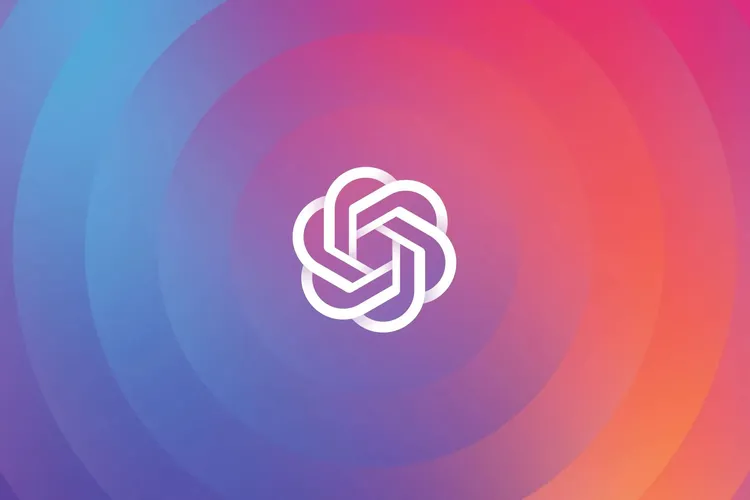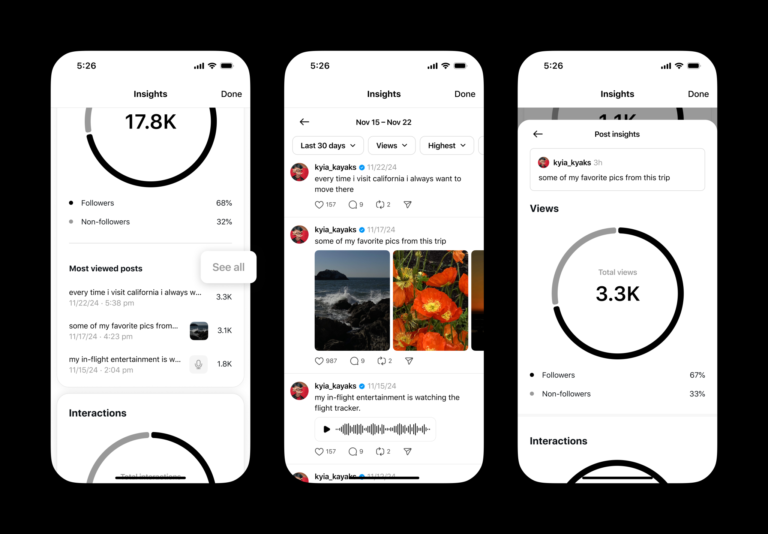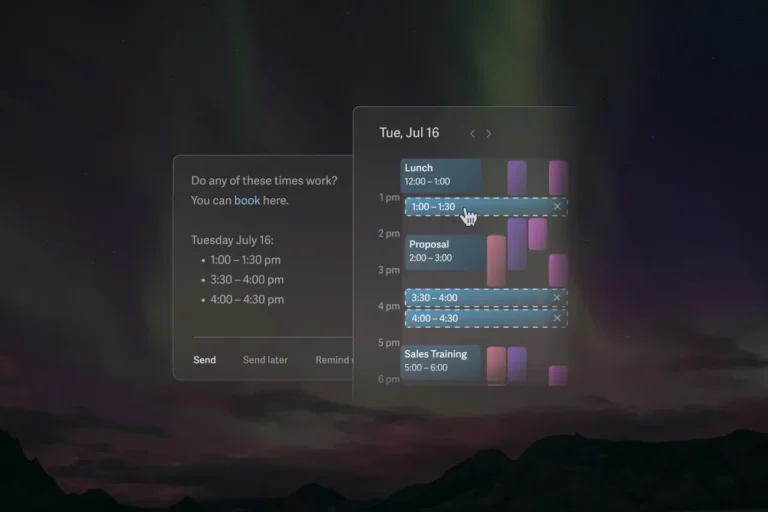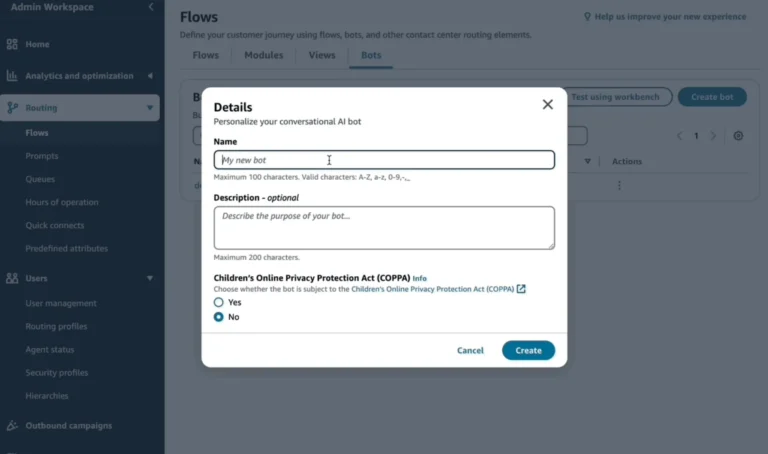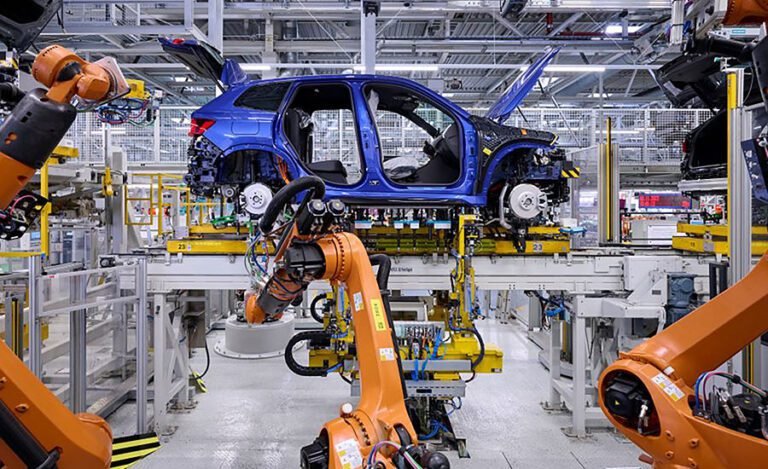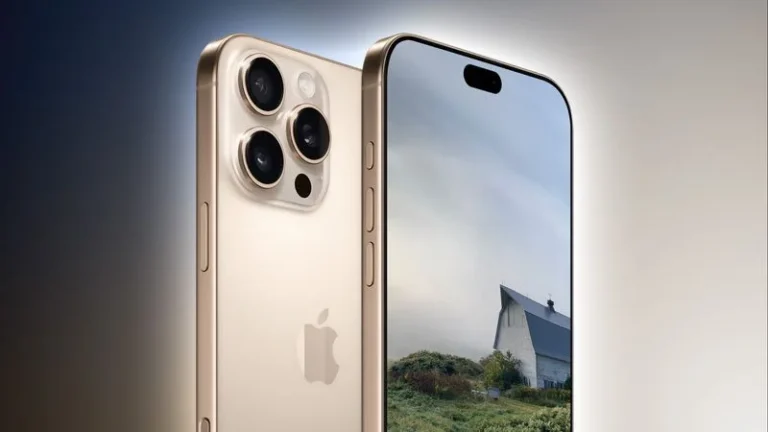Trending Article
Nothing could build its own Mobile Operating System
In a smartphone market dominated by two major players, Android and iOS, the idea of developing a new mobile operating system (OS) may seem daunting. Yet, despite the inherent challenges, London-based tech company Nothing is venturing into this territory, aiming to carve out a unique space in the industry.
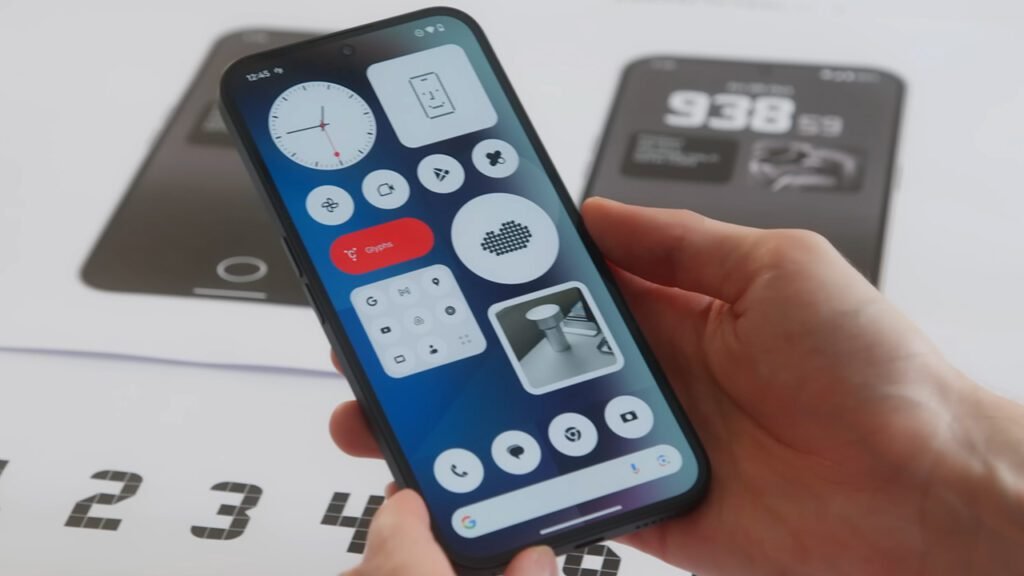
At the recent TechCrunch Disrupt 2024 event, founder and CEO Carl Pei announced that Nothing is actively exploring the possibilities of a proprietary mobile OS. This bold move comes amid the growing frustration with the existing duopoly and the limitations it imposes on innovation and user experience.
The State of the Mobile OS Market
The global smartphone landscape is heavily skewed towards Android and iOS, which together command nearly 100% of the market share. This dominance has made it increasingly difficult for new entrants to gain traction. Building a mobile operating system requires not only immense resources but also a well-planned strategy that addresses the needs of both manufacturers and consumers. For most smartphone manufacturers, the path of least resistance has been to adopt Android, customizing it with unique features and skins rather than developing their own OS from scratch.
Huawei’s recent attempt to establish its Harmony OS is a notable example of this struggle. Geopolitical restrictions forced the Chinese tech giant to seek alternatives to Google’s operating system. However, despite its considerable resources, Huawei faced significant hurdles in creating a viable Android alternative. This context makes Nothing’s ambition to build its own OS both intriguing and challenging.
Nothing’s Vision for a New OS
Carl Pei, the co-founder of OnePlus and now at the helm of Nothing, has always been known for his disruptive approach to the tech market. During his address at TechCrunch Disrupt, he articulated a vision that goes beyond simply creating another mobile OS. “Smartphones are our most important gateway to the people we care about and the information we need to consume,” Pei stated, underscoring the significance of mobile devices in our daily lives. He expressed dissatisfaction with the current Google and Apple duopoly, stating, “We’re thinking about how we maneuver here and maybe create something of our own.”
The aspiration to build a new OS stems from a desire to extend Nothing’s impact on the tech industry and explore new revenue streams. Pei emphasized that the potential for software revenue presents a more appealing business model compared to the traditional hardware model, which often involves high capital expenditure and low margins. “In a lot of ways, having some software revenue is a lot more comfortable: higher margins,” he explained.
The Role of AI in the New Operating System
A significant aspect of Pei’s vision involves leveraging artificial intelligence (AI) to enhance user experience. He believes that advancements in AI have made the process of creating an operating system more feasible. “The process of building a mobile OS has become significantly easier, thanks to the recent AI boom,” Pei said. He highlighted that AI could facilitate the level of customization that current platforms often lack, allowing for a more personalized user experience.
Pei remarked on the traditional tech stack involved in OS development, asserting that Nothing would focus primarily on innovating the user experience rather than delving into the lower levels of the stack, such as hardware drivers or kernels. “Operating systems haven’t really changed for 40 years,” he noted, emphasizing the need for an OS that leverages the vast amount of information devices collect about users to enhance their experience.
Consumer Satisfaction as a Priority
Pei’s vision for the new OS revolves around consumer satisfaction. He believes that the ultimate measure of success will not be the technology itself, but how well it meets user needs and improves their interaction with devices. “We shouldn’t call it the AI operating system,” he stated. “AI is just a tool… it ultimately comes down to who can make the best product, who can create the best market fit, and get the highest user satisfaction.”
This focus on user-centric design aligns with Nothing’s ethos of challenging the status quo. By prioritizing consumer needs, Nothing aims to differentiate itself in a market saturated with similar offerings.
Funding and Resource Allocation
When asked about potential funding for the OS project, Pei remained noncommittal. “I don’t think it needs to be very experienced,” he said, referring to the team and resources necessary for the project. He clarified that the focus would be on applied AI rather than foundational AI research, which requires extensive resources and expertise. “We’re not building capabilities; we’re not training large language models,” he explained, emphasizing that the technology would be practical and application-oriented.
Regardless of whether funding is secured, Pei is confident that Nothing can pursue this initiative. “Irrespective of [whether] funding comes or not, it’s something we can work on,” he asserted, highlighting the company’s determination to move forward with its vision.
The Challenges Ahead
While the prospect of creating a new mobile operating system is exciting, it is not without its challenges. The landscape is competitive, with established players like Apple and Google holding significant sway over the market. New entrants must navigate regulatory hurdles, ensure compatibility with existing applications, and build a loyal user base—all while competing against the resources and market presence of tech giants.
Moreover, Pei’s emphasis on innovation in user experience means that Nothing will need to offer something genuinely different from what users are accustomed to. This requires not only technological advancements but also a deep understanding of consumer behavior and preferences.
The Future of Nothing OS
As Nothing embarks on this ambitious journey, the tech community will be watching closely. The success of a new mobile operating system hinges on several factors, including the company’s ability to effectively leverage AI, innovate user experience, and build a sustainable business model.
Industry Implications
If successful, Nothing operating system could disrupt the current market dynamics, encouraging other companies to explore similar avenues. A thriving alternative to Android and iOS could lead to increased competition, fostering innovation and potentially driving down prices for consumers.
Furthermore, a new player in the mobile OS arena could spark a wave of creativity, inspiring developers to create applications tailored specifically for this platform, thereby enriching the ecosystem.
